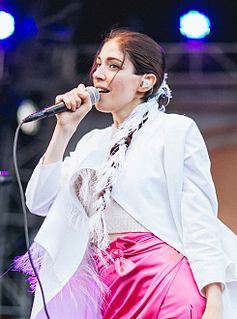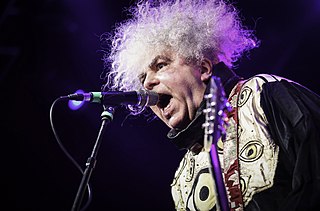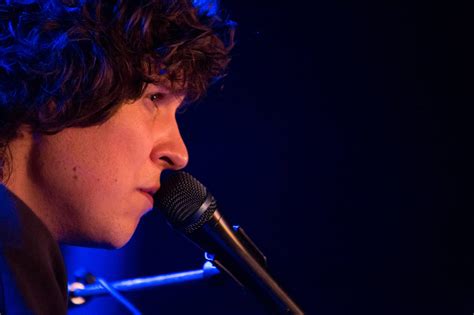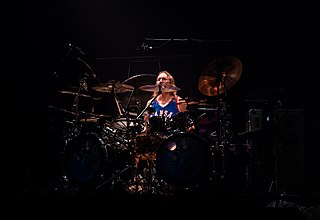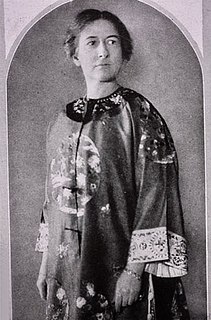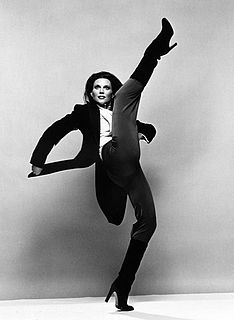A Quote by Ryan Tedder
I think often times if a guitar riff is centered around the chorus or if it follows the chorus, then it often times turns into the actual hook.
Related Quotes
When the Beatles wrote 'Paperback Writer,' it couldn't have been the same old thing. You can hear so many influences in it, from the blues to Bach, and it's not just verse, chorus, verse, chorus, bridge chorus. They start off singing a cappella, almost like a Bach chorale, and the song goes into this bluesy guitar riff.
Normally you'll have a structure to a song. You'll have an intro to a verse to a pre-chorus to a chorus, kinda repeat that, maybe there's a bridge, then you'll go out on a chorus - that's the quintessential song structure - sometimes you might do a fake-out, re-do a pre-chorus but the chorus doesn't come until later, but for the most part you follow these tried and true structures.
One of my main problems with music is that the basic formula is always the same: verse, chorus, verse, chorus, bridge, verse, chorus, chorus, chorus, end. One of the bands that changed that was The Beatles. If you listen to 'Everybody's Got Something to Hide Except Me and My Monkey.' It's three verses, bridge, end.
Alice thought to herself, 'Then there's no use in speaking.' The voices didn't join in this time, as she hadn't spoken, but to her great surprise, they all thought in chorus (I hope you understand what thinking in chorus means--for I must confess that I don't), 'Better say nothing at all. Language is worth a thousand pounds a word!



